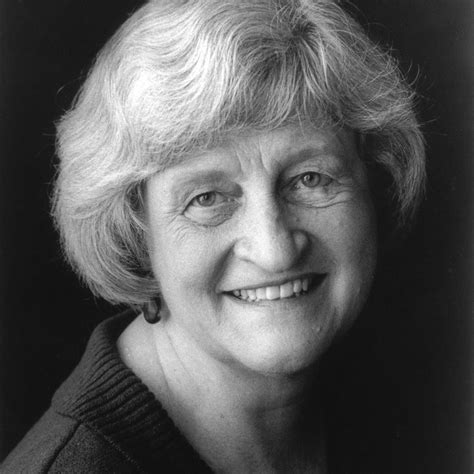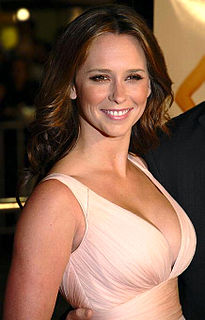A Quote by Michael Pollan
The great virtue of a diversified food economy, like a diverse pasture or farm, is its ability to withstand any shock. The important thing is that there be multiple food chains, so that when any one of them fails-when the oil runs out, when mad cow or other food-borne diseases become epidemic, when the pesticides no longer work, when drought strikes and plagues come and soils blow away-we'll still have a way to feed ourselves.
Related Quotes
(Farm workers) are involved in the planting and the cultivation and the harvesting of the greatest abundance of food known in this society. They bring in so much food to feed you and me and the whole country and enough food to export to other places. The ironic thing and the tragic thing is that after they make this tremendous contribution, they don't have any money or any food left for themselves.
Food is "everyday"-it has to be, or we would not survive for long. But food is never just something to eat. It is something to find or hunt or cultivate first of all; for most of human history we have spent a much longer portion of our lives worrying about food, and plotting, working, and fighting to obtain it, than we have in any other pursuit. As soon as we can count on a food supply (and so take food for granted), and not a moment sooner, we start to civilize ourselves.
Fast food may appear to be cheap food and, in the literal sense it often is, but that is because huge social and environmental costs are being excluded from the calculations. Any analysis of the real cost would have to look at such things as the rise in food-borne illnesses, the advent of new pathogens, antibiotic resistance from the overuse of drugs in animal feed, extensive water pollution from intensive agricultural systems and many other factors. These costs are not reflected in the price of fast food.
You get those hunger pains. 'I am so hungry. We don't have any food. What are we going to eat?' Your stomach hurts. Then you get so upset and mad, like, no food. You start having tantrums and don't want to do anything. You get mad at everybody because you don't have any food. That's what happens when you don't eat. You are so sluggish.
You just have to work, we all have to work really hard to take care of ourselves and feed ourselves good information, just like we feed ourselves good food. Feed ourselves good books and good messaging and the things that make us feel like we can be connected with ourselves and others in a deeper way.
[I]t's an honor to be a food stamp president. Food stamps feed the hungry. Food stamps save the children. Food stamps help the farmer. Food stamps help the truck driver. Food stamps help the warehouse. Food stamps help the store. Food stamps hire people and feed people. Food stamps save people from starvation and malnutrition. ... Give President Barack Obama a big hand. Show your love. Show your appreciation.
A natural historian is somebody who looks at something in terms of its relationship to the rest of the natural world. You look at things ecologically. When you see a cow on a feedlot, you don't just see a cow; you see a cow that is eating certain food. You follow that food and that food takes you back to a corn field.



































